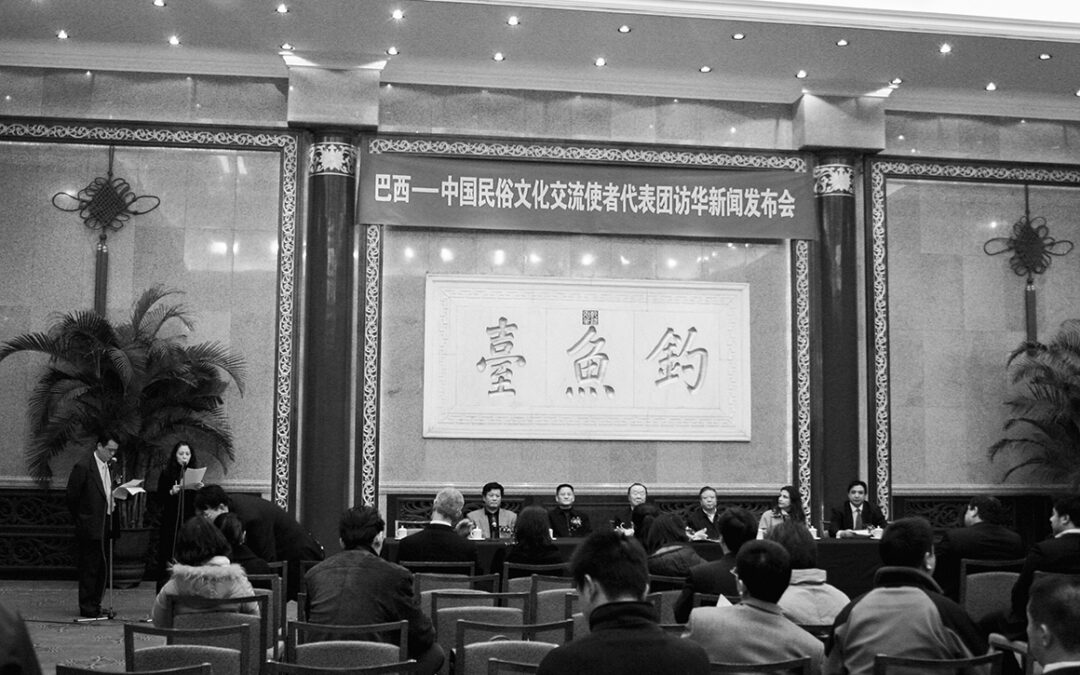The Chinese People’s Political Consultative Conference (CPPCC, Chinese: 中国人民政治协商会议) is a political advisory body in the People’s Republic of China and a central part of the Chinese Communist Party (CCP)’s united front system. Its members advise and put proposals for political and social issues to government bodies. However, the CPPCC is a body without real legislative power. While consultation does take place, it is supervised and directed by the CCP.
The body traditionally consists of delegates from the CCP and its people’s organizations, eight legally-permitted political parties subservient to the CCP, as well as nominally independent members. The CPPCC is chaired by a member of the Politburo Standing Committee of the CCP. In keeping with the united front strategy, prominent non-CCP members have been included among the Vice Chairs, examples being Chen Shutong, Li Jishen and Soong Ching-ling.
The organizational hierarchy of the CPPCC consists of a National Committee and regional committees. Regional committees extend to the provincial, prefecture, and county level. According to the charter of the CPPCC, the relationship between the National Committee and the regional committees is one of guidance and not direct leadership. However, an indirect leadership exists via the United Front Work Department at each level. The National Committee of the Chinese People’s Political Consultative Conference typically holds a yearly meeting at the same time as plenary sessions of the National People’s Congress (NPC). The CPPCC National Committee and NPC plenary sessions are collectively called the Quanguo Lianghui (“National Two Sessions”).
The CPPCC is intended to be more representative of a broader range of people than is typical of government office in the People’s Republic of China, including a broad range of people from the both inside and outside the CCP. The composition of the members of the CPPCC changes over time according to national strategic priorities. Previously dominated by senior figures in real-estate, state-owned enterprises, and “princelings”, the CPPCC in 2018 was primarily composed of individuals from China’s technology sector.
